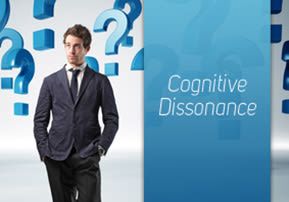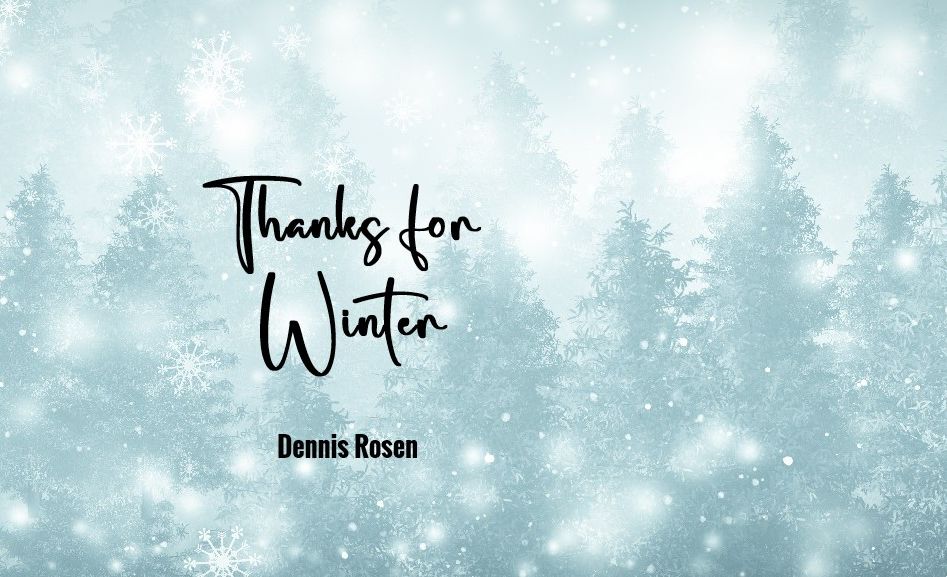
Cognitive Dissonance
Doubt and confusion are more mentally toxic than anything. When people doubt or forget about Hashem they risk developing a psychiatric or psychological disorder…

One of the most influential and extensively studied theories in social psychology is the theory of cognitive dissonance. Cognitive dissonance refers to the very uncomfortable feeling that we get when we’re conflicted about something – in other words – a state of doubt. Research shows, by the way, that when we are in inner mental conflict, that we will use almost any mental or behavioral strategy that we can to relieve ourselves of the  painful feelings of confusion and doubt.
painful feelings of confusion and doubt.
Take, for example, a mentally sharp 92 year old secular Jew – a retired attorney – let’s call him Moshe. Moshe takes a copy of the Garden of Emuna down from his neighbor’s shelf and starts to flip through it like someone who has examined a lot of books in his lifetime. After a few minutes, Moshe places the book on the table and exclaims “this is a really an excellent book – it’s very well written.”
The neighbor says, “So take it home with you, Moshe – you can keep it!”
Moshe answers: “No. It’s really well-done, but this book isn’t for me.”
Puzzled by Moshe’s response the neighbor continues: ”But Moshe – obviously you see some merit to the book – Take it – maybe you’ll enjoy it?”
“There’s no doubt that I’d enjoy it”, Moshe snapped back, angrily “but this book would also give me a lot of tzoris (Yiddish for ‘troubles’).”
“But why” persisted the neighbor – still perplexed.
“Because”, said Moshe, “it’s too late for me to change – I’ve been living this way for my whole life – and, at my age, this book is dangerous – even if it is true! Now leave me alone!”
A Jewish soul is an amazing endowment – imagine – even after being deprived of Torah, Shabbos, and kosher food for 92 years – it still knows the truth! Moshe doesn’t have to become a believer all at once – it would be enough if he wouldwant to become a believer – Without that willingness, though, his soul just continues to wither away like a tree that was cut off from its roots – it still appears to be alive – but unfortunately it’s not.
Doubt and confusion are more mentally toxic than anything. When people doubt or forget about Hashem they risk developing a psychiatric or psychological disorder. Lack of emuna can also destroy a “normal” person’s life-potential – as we see from Moshe’s example, G-d forbid. Simple faith that there is an all-powerful loving G-d who oversees our lives with his superior Wisdom and who yearns for us to turn to Him with our problems is the only formula for personal fulfillment and mental health that we have. A Jewish therapist who is not teaching his clients how to cling to G-d in all circumstances is not doing his job.
According to Rebbe Nachman, Amalek was a “philosopher” who doubted everything. It is well-known that the name Amalek (the evil inclination) has the same numerical value as the Hebrew word safek, (doubt). This is because the main weapon of the evil inclination is the power of doubt. But on Purim we destroy Amalek by hanging him (Haman and his ten sons). A person who observes Purim properly will reach the highest levels of ecstasy and joy because he has removed all doubt from his mind – He now knows the Truth – he owes everything to Hashem and Hashem is the only source of all of his life’s Blessings.
Today, there are literally hundreds of psychological theories and methods – as they go out of style, new “truths” are being invented all the time. Psychological and Psychiatric research is no different than other corporate enterprises. There are significant financial and status incentives for researchers and research institutions in the form of government grants and private grant money from foundations. The competition between mental health research institutions for money and status, unfortunately does not always lend itself to honest impartial research findings. These schools of psychology are promising you the “truth” – everything from permanent weight loss to perfect confidence and charisma; to how to “restructure” your personality – don’t be fooled.
Nowhere in the many psychology books that I’ve read has the road to happiness been so clearly described as in the books of Rabbi Shalom Arush: “A Jew who is free of doubts is invulnerable to Amalek and to all the other forces of unholiness” and therefore happy with what he has. It doesn’t sound very “psychologically sophisticated” does it? Well that’s what I love about Rabbi Arush – He reminds us that a Jew is still capable of making a decision to believe in G-d without having to psychoanalyzing his decision to death.
Secular psychology and philosophy not only take us away from the Torah and “give” us a useless, artificial substitute – they weaken our ability to be sure about anything! The inevitable doubts (about Hashem) that are instilled in the mind of the average person who goes for therapy, is robbing him of the strength and clarity that he could be getting from learning Torah with simplicity, humility, purity and faith. Conversely, a person who picks a spiritual guide and sets out in earnest to find Hashem will progressively strengthen himself in emuna and Divine wisdom until he can literally perform miracles.
That is why the Baal Shem Tov taught that before we fall asleep each night, we should protect ourselves from doubt by reciting the words, “Havadai Shemo, kein tehilaso – “His Name is certain, and so is His praise.” – The forces of unholiness (including heresy) can only appear in a place where there is doubt.
It says at the end of Tractate Sota (Talmud), that in the last generation before Mashiach comes, the Truth will be hidden – and that true believers will be scorned and despised in the eyes of man.
It takes real desire and persistence to let go of secular knowledge and jump with two feet into Hashem’s camp. Perhaps it’s even more challenging for psychotherapists and other “intellectuals” – who have absorbed very toxic doses of heresy during their years of training and daily exposure to the “religion of psychotherapy”. It’s hard for us “thinking types” to admit defeat and throw ourselves completely after Hashem and his Tzadikkim – but as we come closer to redemption, this is what the therapy business is facing. In the words of my beloved Rebbe, Rav Arush – “it’s time we stopped the hypocrisy. Every person (and every therapist) who defines himself as a believer must believe that everything comes from Hashem – not almost everything – everything! – otherwise, he cannot call himself a believer.” If he goes to synagogue on Shabbos and forgets about Hashem when he is with his clients – he is nothing more than an “orthodox religious atheist.”









